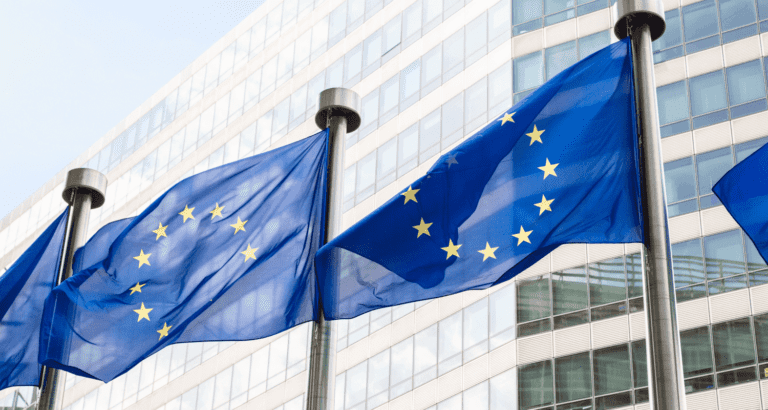Big Tech is reluctant to see itself on the list of companies that must comply with the Digital Markets Act (DMA). On Sept. 6, European competition authorities will announce which companies will be subject to the rules and, by this, become recognized as gatekeepers. Big Tech is preparing its response in the form of lawsuits.
On Sept. 6, European competition authorities will have to announce a list of companies that will become the subject of the DMA. This law serves to make competitiveness in the digital economy fairer. Specifically, it will ban unfair bundling of proprietary products to gain a competitive advantage over the products of competitors. Then, there will be a ban on combining user data from different platforms that belong to one parent company. Finally, there must be the ability to download apps from competing platforms.
Lawsuits coming
Big Tech is taking issue with this legislation and already notified Margrethe Vestager, Eurocommissioner for Competition. That’s according to information Bloomberg requested from the EU.
Individuals from Apple already indicated challenges in complying with the DMA in a meeting in late June. This was later followed up by an email from lawyers at the company asking that discussions be set up starting in September to discuss the possibility of compliance.
Andy Jassy, CEO of Amazon, expressed similar concerns about the legislation to Vestager a few days earlier. Jassy did elaborate on the exact challenges, stating that there are problems with “overlapping and conflicting laws of national competition authorities.”
Microsoft, in turn, believes the search engine’s market share is too small to have to comply with the same rules as Google. However, the company will have to review its bundling practices. Last week, it gave the first impetus to removing Teams from its Microsoft 365 and Office 365 bundles for the EU. In terms of fair cloud competition, though, Microsoft will have to make changes, as a recent policy change only exempts AWS customers from additional fees to run Microsoft software in the AWS cloud.
Also read: Microsoft licensing remains doubtful, AWS gets Office privilege
Comply by 2024
The law has been in effect since May 2023 but has no consequences for non-compliant companies until 2024. That’s because this law has a transition period in which companies have time to bring everything into compliance.
If a company is recognized as meeting gatekeeper criteria, another six-month transition period follows. Gatekeepers must comply with the new regulations no later than March 6, 2024.
